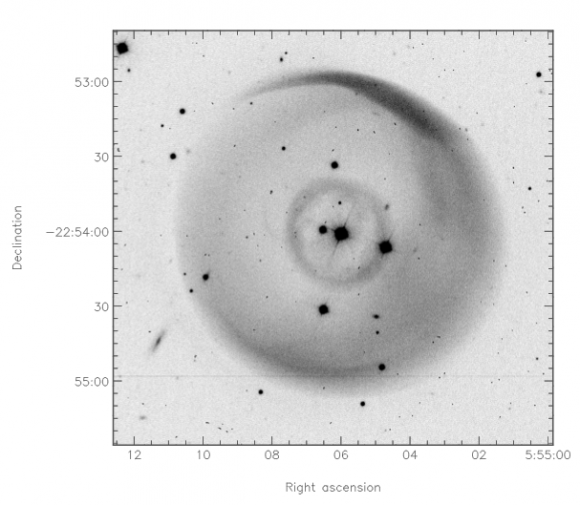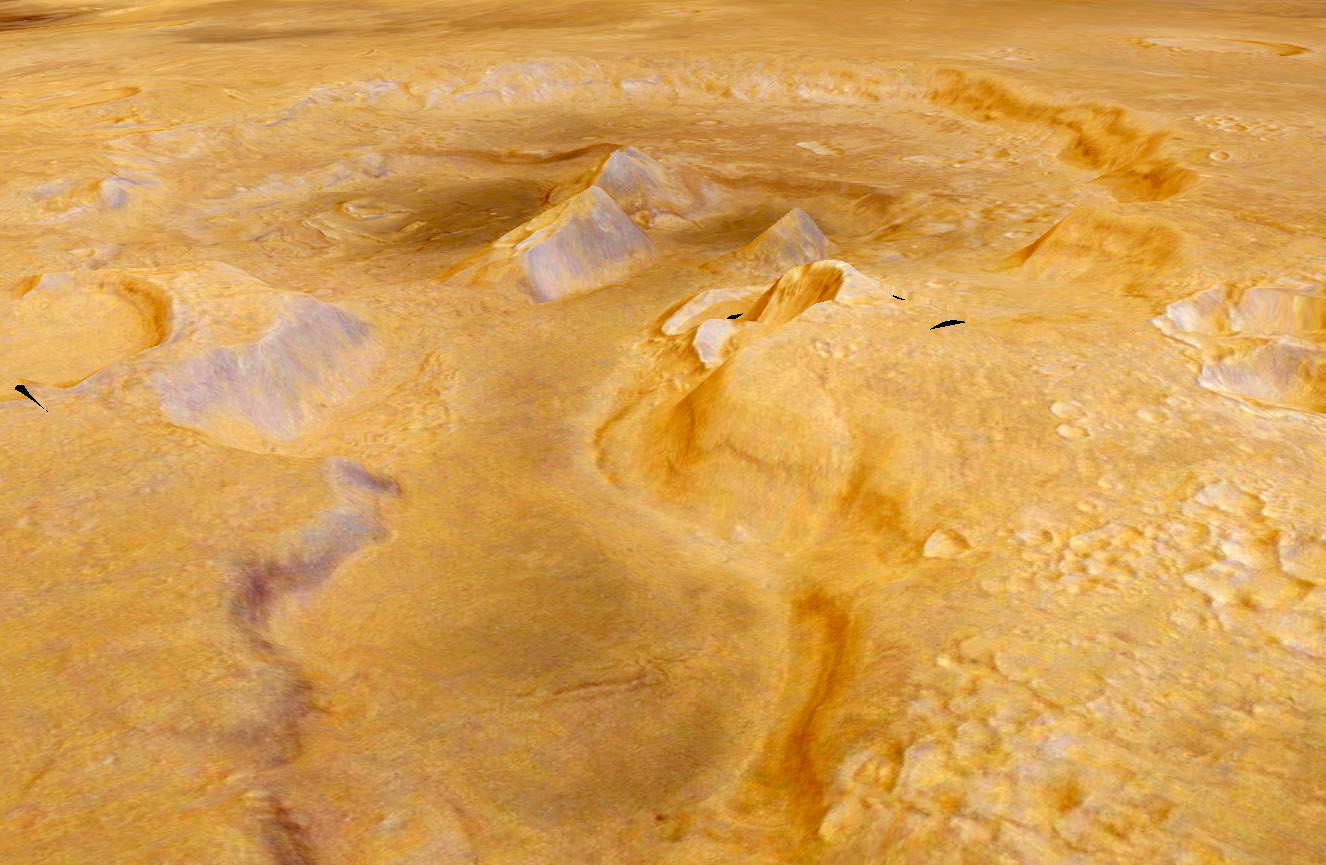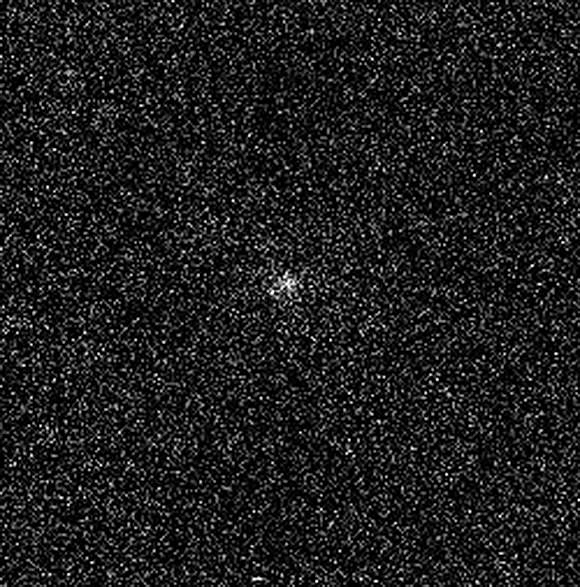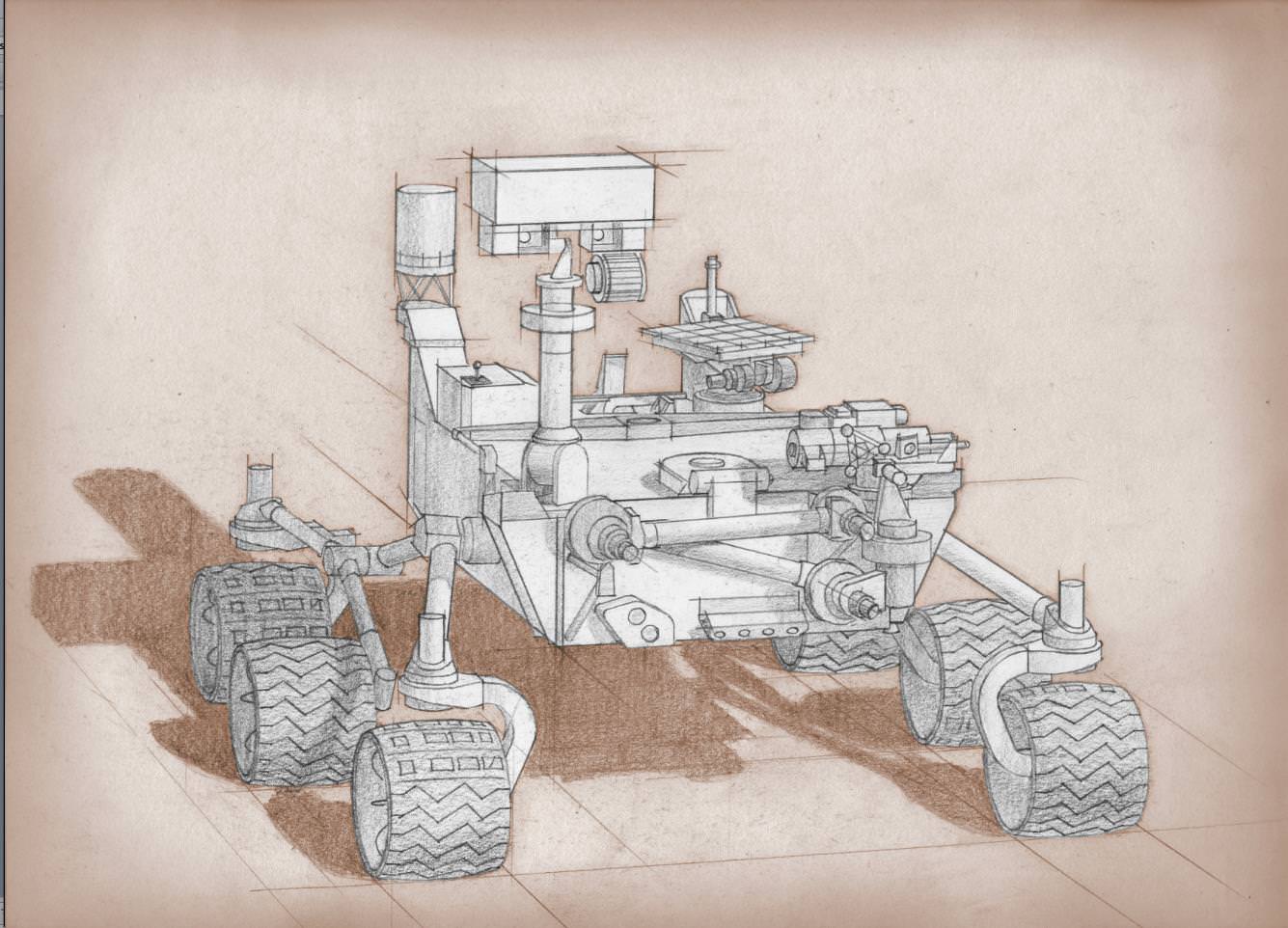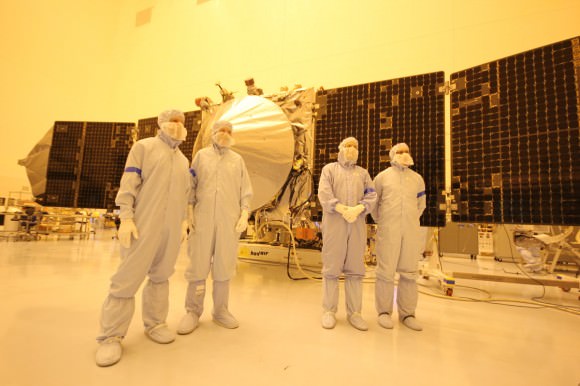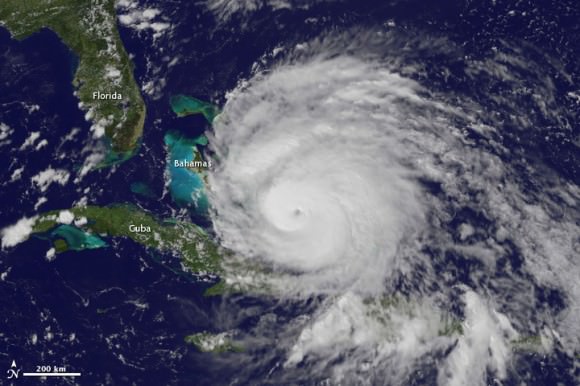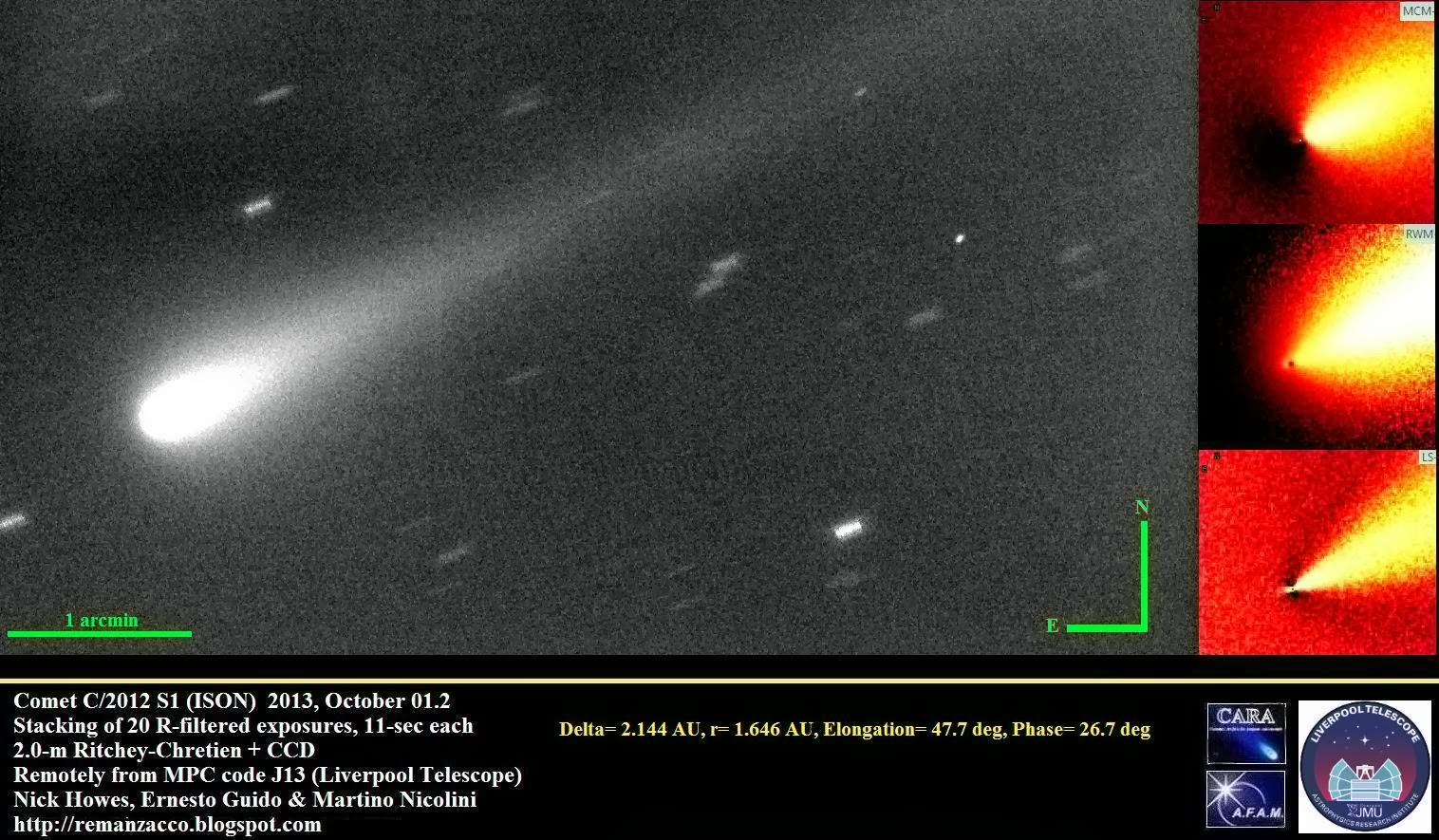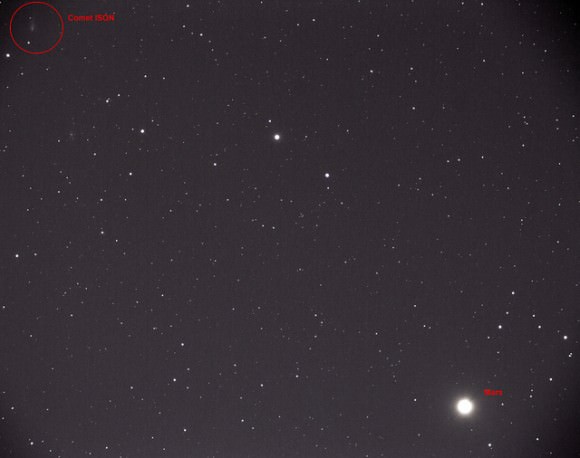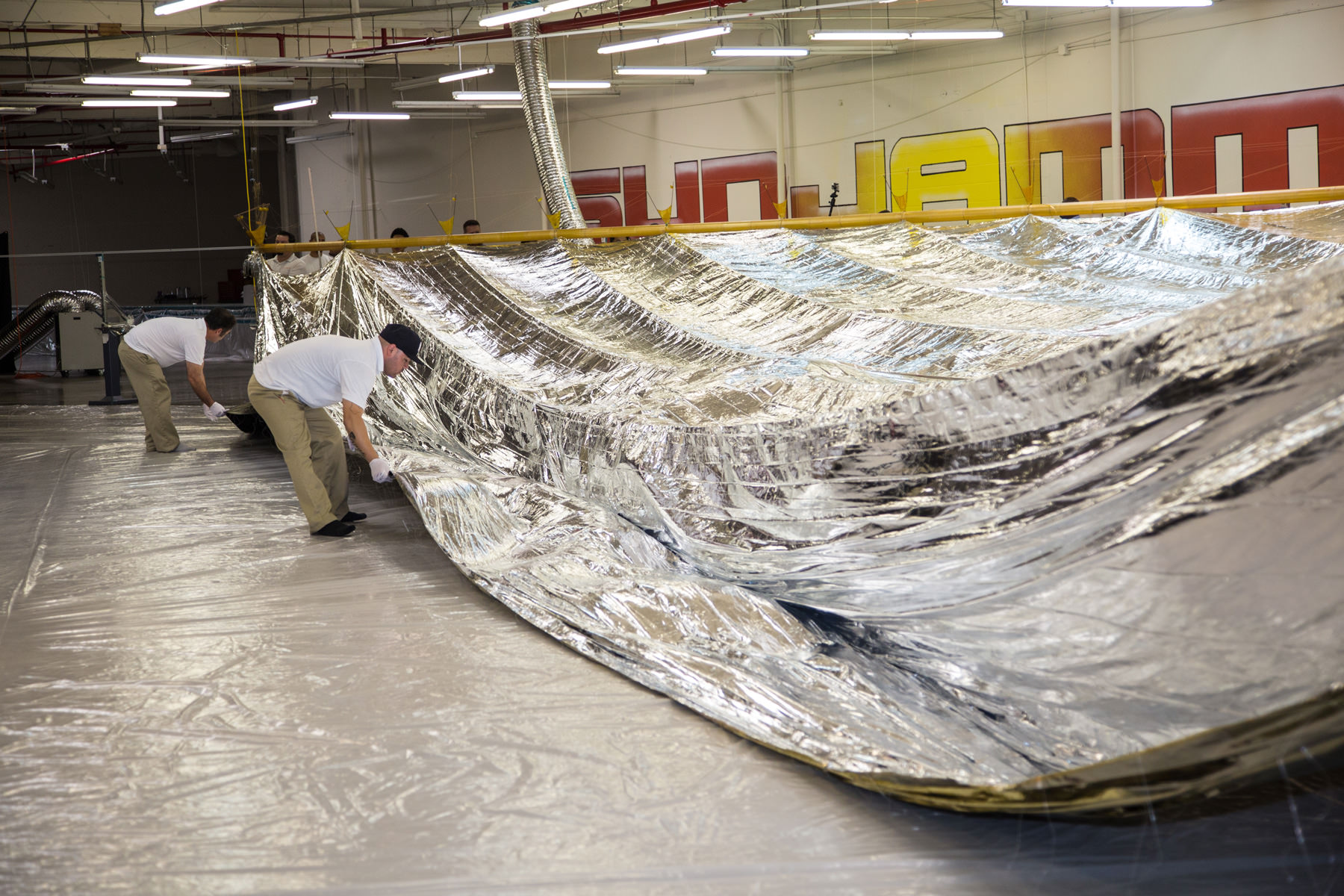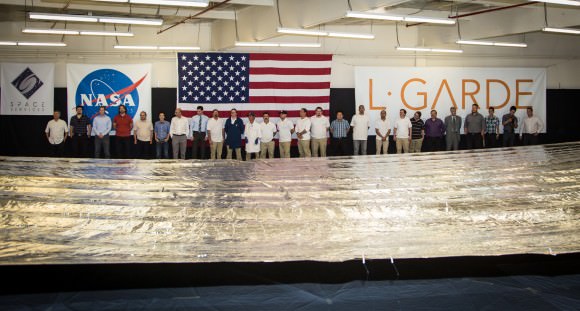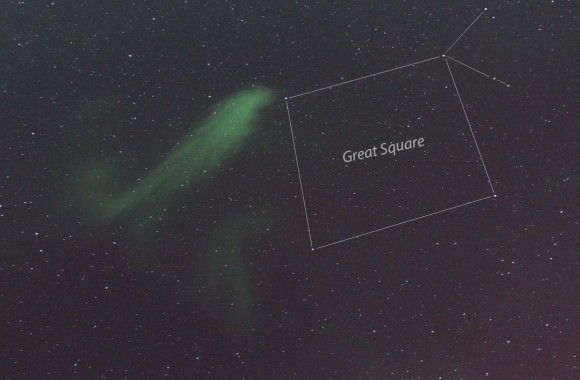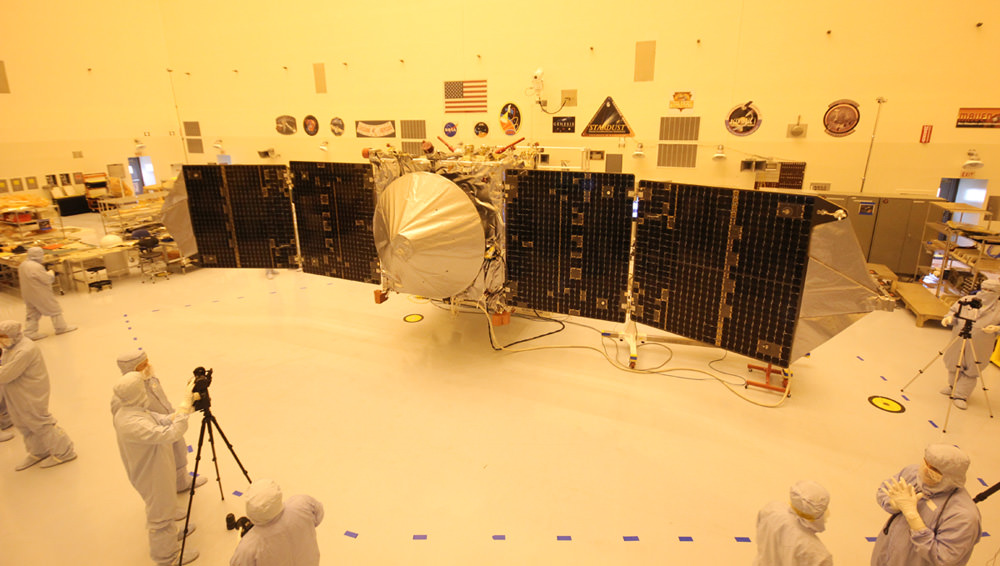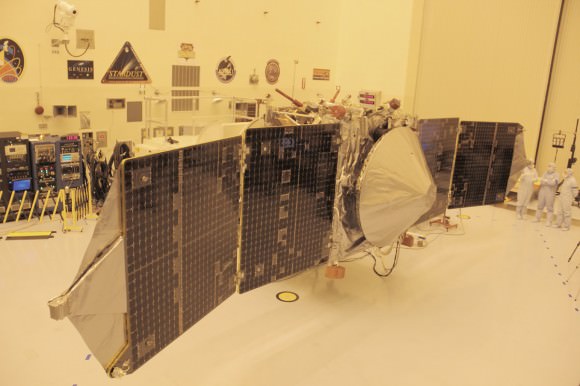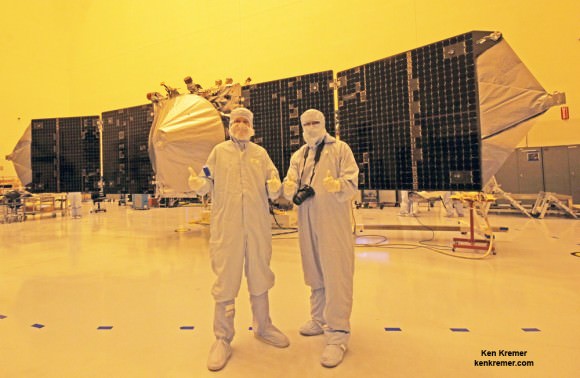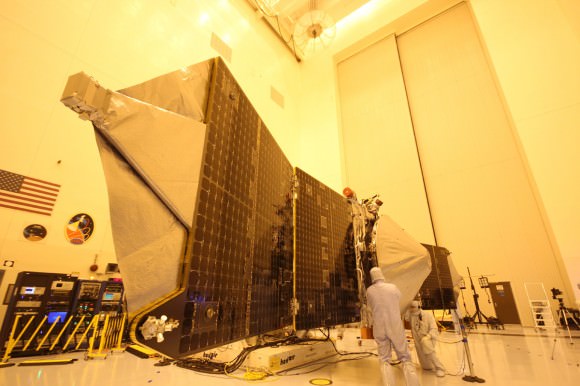“I’m going where?”
No, this isn’t The Onion… as a concerned consumer of all that is space news, you have indeed arrived at the cyber-doorstep of Universe Today.
I’ll admit though, that we did do a double take about a week back when a peculiar claim came our way via the Iranian Space Agency. Yes, there is an Iranian Space Agency, and it’s kind of frightening that they remain open for business while NASA is largely shutdown.
In mid-September, senior Iranian space program official Mohammad Ebrahimi issued a statement that Iran will attempt another bio-capsule launch “within 45 days”. The unwilling occupant: a Persian cat.
Apparently, a rabbit, a mouse, and another “Space Monkey” were also in the running. Iran’s space program is shrouded in secrecy, and most launches are only announced after they’ve been conducted. This is a convenient political strategy for hiding launch failures that harkens back to the early days of the Cold War. You’re right in guessing that the Iranian Space Agency probably won’t hold a Tweetup for this one. Many western analysts see the Iran’s space effort as a thinly veiled attempt to develop its long range ballistic missile technology. Along with Israel, Iran remains the only Middle Eastern country with the proven technology to conduct indigenous satellite launches.
Iran has stated that it hopes to put an astronaut in orbit by 2019. The Pishgam (or “Pioneer” in Farsi) 2 bio-capsule launch could occur from a mobile launcher at Semnan Space Center as early as October 15th. Satellite sleuths are also expecting activity at Semnan to pick up this month, with the possible launch of SharifSat atop a Safir 1-B rocket, and Iran’s Toulou satellite aboard a rumored new launch vehicle.
Iran successfully became a space-faring nation with the launch of its 27 kilogram Omid satellite on February 2nd, 2009. It isn’t immediately clear if the upcoming launch will be an orbital launch or a sub-orbital ballistic shot. If Pisgam-2 achieves orbit, said “Space Cat” would become the first feline to circle the Earth. If recovery is attempted —again, Iran is always nebulous as to their intentions— it would also be the first time they’ve achieved a return from orbit.
But is “Space Cat” even a reality?
Iran has been caught red-handed before playing a shell game with the media in terms of its space program. Earlier this year, “Monkey-gate” erupted, as before-and-after images from the Pisgam-1 bio-capsule suborbital launch clearly showed two different monkeys before and after the flight:

Clearly, Iran and other ‘Axis of Evil’ countries definitely need to sharpen their Photoshop, or at least their monkey-switching skills. Either said monkey launch never actually occurred, or (more likely), the unwilling Iranian space primate never survived the flight.
Perhaps this is why Iran decided on a feline occupant this time around, for possible ease of replacement?
PETA, the People for the Ethical Treatment of Animals, have also issued a statement concerning the impending launch of “Space Cat” by Iran, calling the action an “archaic experiment, a throwback to the primitive techniques of the 1950’s.”
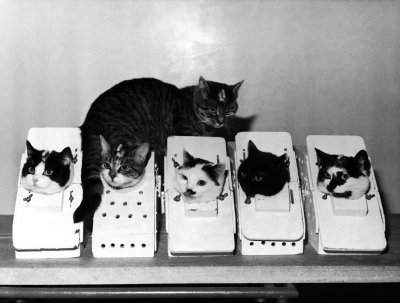
The U.S. and the Soviet Union launched animals into space as a prelude to human spaceflight. On November 3rd, 1957, Laika the dog became the first animal to orbit the Earth. Laika perished is space due to overheating, as did several unfortunate monkeys that were launched on the first US ballistic tests.
Russia still conducts the occasional launch of animals into space, including the Bion-1M “Space Zoo” mission earlier this year. The Bion missions allow for scientists to dissect the specimens afterwards to study the effects of a month in zero-g, something you can’t do with humans.
And the U.S. did once fly cats in zero-g aboard its Convair C-131 “Vomit Comet” aircraft, as can be seen in this bizarre video:
But the first cat in space was actually launched by France atop a Veronique AGI sub-orbital rocket 50 years ago this month on October 18th, 1963. It would be ironic if Iran conducted it launch this month on the anniversary! The story goes the Felix, the original cat slated for the flight, escaped just prior to launch from the Sahara desert Hammaguir test site in Algeria, and was replaced by the “backup crew,” a female cat named Felicette. Felicette survived the 15 minute flight, reaching an apogee of 217 kilometres. A follow-up launch of a second cat six days later wasn’t so lucky.
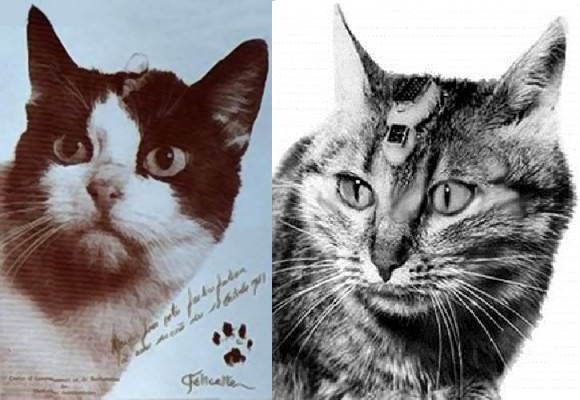
As always, Iran’s intentions for the future of its space program remain hidden. Their current launch capabilities remain limited, and are a far cry from being able to hoist a human into orbit anytime soon. If the launch of “Space Cat” does come to pass this month, it’ll be over protests from animal rights groups and the general public. Hey, didn’t the former Iranian president Mahmoud Ahmadinejad say earlier this year after “Monkey-Gate” that he was willing to be “The first Iranian to be sacrificed by the scientists of my country and go into space” as the first Iranian astronaut? Is he really going to let Space Cat upstage him?
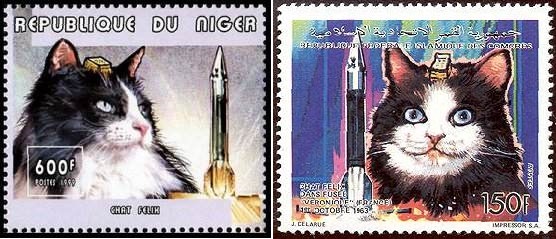
–Read a great synopsis of the history of felines in space from Heather Archulletta @Pillownaut.




